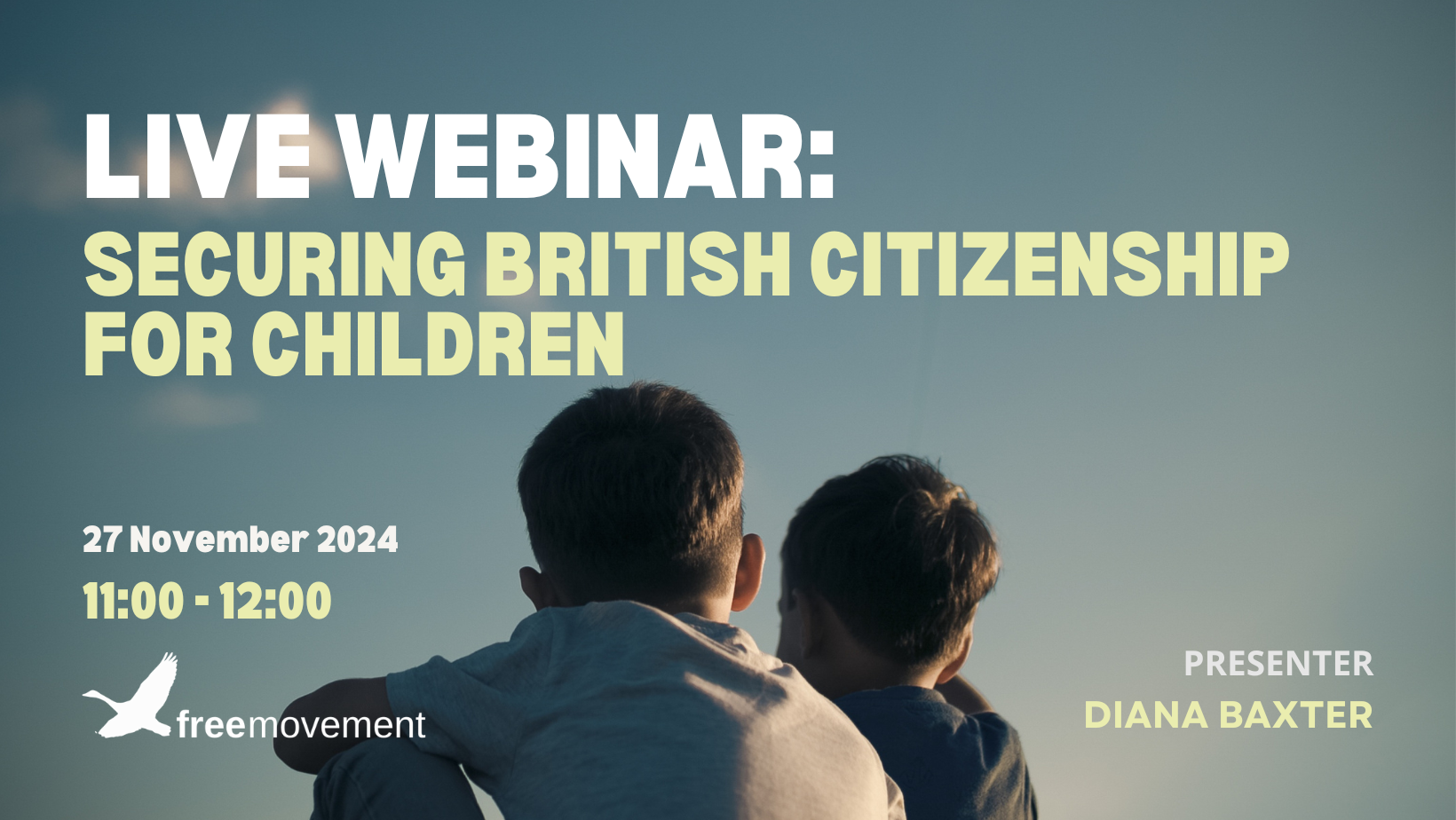Within the newest case difficult a choice made underneath the Afghan Relocation and Help Coverage, the Excessive Court docket has quashed the refusal resolution on the idea that it was not supported by the proof that had been supplied in help of the applying. The case is R (MA) v Secretary of State for Overseas, Commonwealth and Growth Affairs & Anor [2024] EWHC 332 (Admin).
Background
The claimant was a Supreme Court docket choose in Afghanistan earlier than he left in 1996 on account of being focused by the Taliban. He returned in 2001 after the US led invasion and was re-appointed to the Supreme Court docket. In 2002 he was additionally the appearing Head of the Public Safety and Harmful Medicine Court docket for six months.
After leaving the Supreme Court docket he had a number one position in drafting the brand new Afghan structure and in devising a brand new penal code. From 2006 to 2021 he was the Head of Authorized Reform on the Afghan Ministry of Justice. Authorized reform was one of many goals specified within the Afghan Compact, to which the UK was a signatory. The claimant was additionally the authorized advisor to the Anti-Corruption Monitoring and Analysis Committee from 2016. He additionally supplied coaching to different judges on the brand new penal code.
The choice underneath problem
The claimant challenged two choices by the Secretary of State for Defence dated 24 October 2022 and 30 January 2023 to refuse him help underneath the Afghan Relocation and Help Coverage (“ARAP”). On the date of the refusals, the ARAP provisions have been at paragraphs 276BA1 to 276BS5 of the immigration guidelines (now in Appendix ARAP).
An individual would meet the eligibility necessities underneath the scheme in the event that they met circumstances 1 and a couple of after which one or each of circumstances 3 and 4. The claimant’s software was refused on the idea that he didn’t meet circumstances 1 and a couple of.
The related circumstances are:
(i) situation 1 is that at any time after 1 October 2001, the individual:
(a) was instantly employed in Afghanistan by a UK authorities division; or
(b) supplied items or providers in Afghanistan underneath contract to a UK authorities division (whether or not as, or on behalf of, a celebration to the contract); or
(c) labored in Afghanistan alongside a UK authorities division, in partnership with or intently supporting and aiding that division;
(ii) situation 2 is that the individual, in the midst of that employment or work or within the provision of these providers, made a substantive and constructive contribution in direction of the achievement of:
(a) the UK authorities’s navy goals with respect to Afghanistan; or
(b) the UK authorities’s nationwide safety goals with respect to Afghanistan (and for these functions, the UK authorities’s nationwide safety goals embrace counter-terrorism, counter-narcotics and anti-corruption goals).
The workforce chief who initially assessed the claimant’s software thought-about that his work as a sub-contractor in help of the Safety and Justice Programme Afghanistan could fulfill situation 1(b). Nonetheless it was concluded that this work didn’t additionally meet situation 2(b). It was accepted that his “overall contribution was undoubtedly in line with the UK’s overall objectives in Afghanistan”, however with out that being linked to the work relied on to fulfill situation 1(b), situation 2(b) was not happy.
On situation 1(c), the choice maker concluded that this was not happy as a result of the claimant’s roles didn’t contain working alongside, or in partnership or intently supporting a UK authorities division.
That evaluation was then thought-about by a panel who have been unable to achieve settlement. The case was then referred to a extra senior panel who refused it. The claimant was deemed to not meet situation 2(b) as they didn’t take into account that the work the claimant had carried out as a sub-contractor made a “material and substantive contribution to the UK’s national security objectives”.
The claimant utilized for assessment and the reconsideration panel rejected the applying once more for a similar causes.
The judicial assessment
The appliance for judicial assessment was made on the idea that the choice to refuse the claimant’s software was based mostly on an incorrect understanding of situation 1(c) and that related proof had been not noted of consideration of situation 2(b) and/or the choice was not fairly obtainable to the choice maker given the proof supplied with the applying.
In setting out its method to the case, the courtroom drew a distinction between standards akin to circumstances 1(a) and (b) which contain well-established authorized ideas round contracts, the courtroom will permit little latitude to resolution makers in deciding whether or not such preparations exist, as they’re a matter of regulation.
The courtroom distinguished different standards from this, together with circumstances 1(c) and a couple of(b) which aren’t drafted with regards to a definite authorized idea, and so when reviewing a choice the courtroom will give “appropriate weight to the decision-maker’s view both on the overall conclusion on whether the condition is met, and on matters such as whether or not relevant matters were considered and irrelevant ones disregarded”.
On the purpose about whether or not situation 2(b) was met, the courtroom was happy that the choice on the substantive and constructive contribution requirement was based mostly on a misunderstanding of the proof submitted by the claimant along with his software. It seems that the panel thought-about that the claimant had solely supplied judicial coaching for 11 days over a interval from February to September 2018, based mostly on the claimant’s capacity to supply solely a number of the timesheets as proof of his work.
Different proof supplied had demonstrated the significance not simply of the coaching itself, however the claimant’s position in it, one witness assertion describing his “prestige” as being key to its success. The courtroom concluded that the panel’s resolution was demonstrably incorrect and Wednesbury unreasonable, describing the mis-match between the proof supplied and the choice reached as “stark”.
On the situation 1(c) level, the courtroom referred to its judgment in R(LND1) v Secretary of State for the House Division [2023] EWHC 1795 (Admin) and stated that “the proper approach to condition 1c of the ARAP policy requires consideration of all circumstances in which the work relied on came to be and was undertaken”.
That had not been achieved within the claimant’s case, because the context by which the work had been achieved was both not thought-about or was wrongly disregarded. The courtroom stated that after the related circumstances have been thought-about the one potential consequence was that the claimant met situation 1(c) in respect of his work as chairman of the Prison Legislation Reform Working Group and as authorized advisor to the Anti-Corruption Monitoring and Analysis Committee.
Conclusion
The judicial assessment was allowed, the courtroom concluding that the claimant did meet each circumstances 1 and a couple of of the relevant guidelines. The refusal choices have been quashed and the applying despatched again to the Secretary of State for Defence to find out whether or not both of circumstances 3 and 4 are met.
Fascinated by refugee regulation? You would possibly like Colin’s e-book, imaginatively referred to as “Refugee Law” and revealed by Bristol College Press.
Speaking essential authorized ideas in an approachable method, that is an important guide for college students, attorneys and non-specialists alike.






